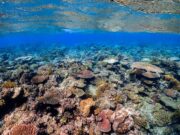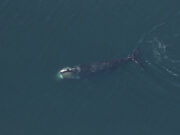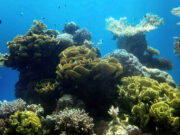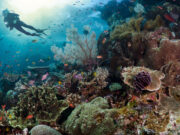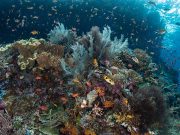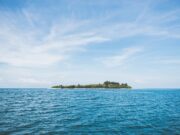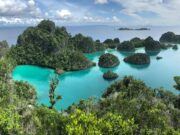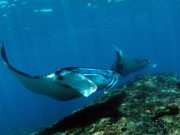33 Million Scuba Dives a Year
Over 33 million scuba dives occur annually in the sea worldwide, with 70% taking place within Marine Protected Areas (MPAs). However, only 15% of these MPA-affiliated dive sites are highly or fully protected. Making all recreational dive sites (representing less than 1% of the global ocean) as highly or fully protected MPAs would improve fish biomass and biodiversity while generating an additional US$2 billion per year in direct tourism revenue. Plus, it would enhance nearby fisheries.
That’s according to a report published this week in Scientific Reports.
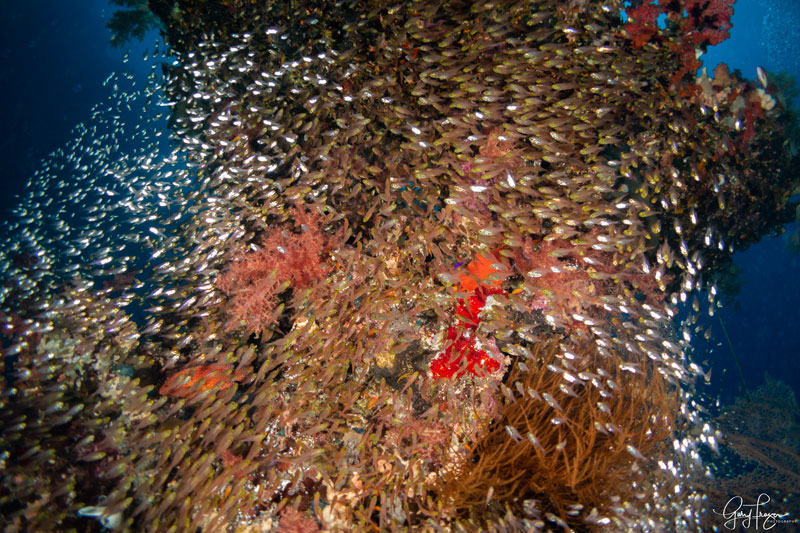
62% of Dives in Developing Countries
The researchers add that 62% of marine diving currently occurs in developing countries, underscoring the potential for dive tourism to support both marine conservation and local livelihoods in regions where such benefits are most needed.
Highly protected marine areas increase the biomass and diversity of marine life (and in particular, commercial species) and restore marine ecosystems within their borders. The increase in marine life can in turn create premium tourism opportunities by attracting divers who travel to see abundant marine life they cannot see in overexploited areas.
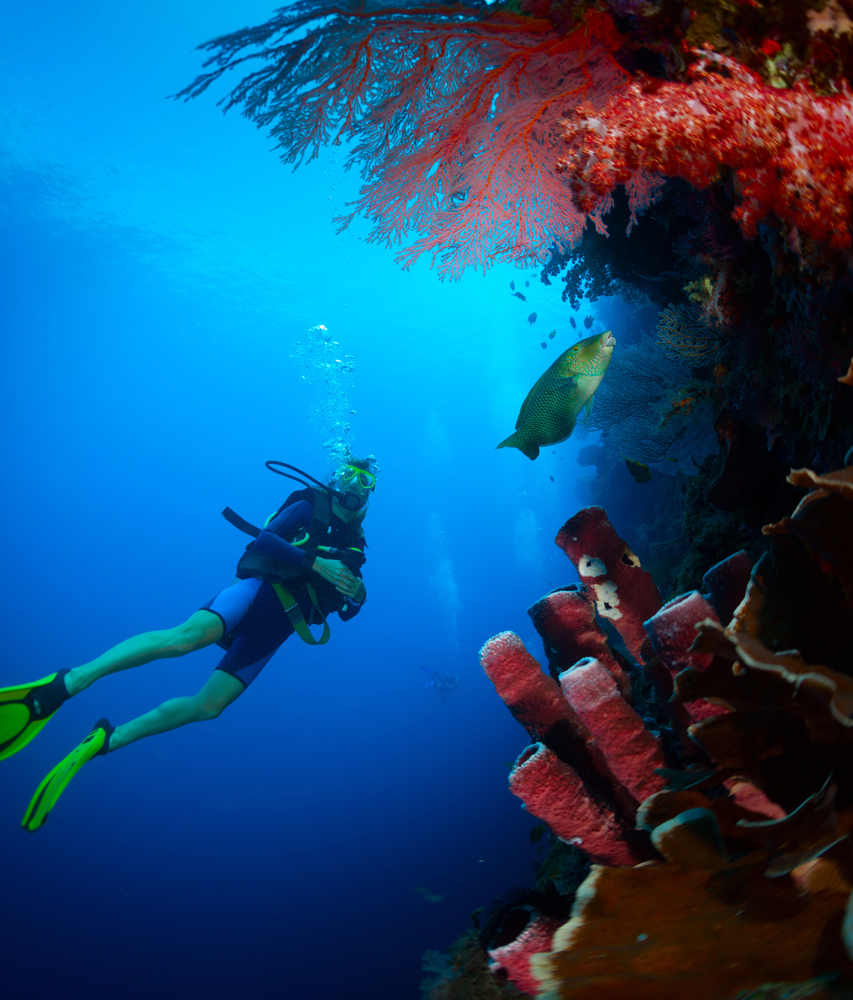 Image: Deposit Photos
Image: Deposit PhotosScuba Divers pay more to see more Fish
Scuba divers pay more to see more fish in the water, and are willing to pay more for more biodiversity on their dives—both of which increase with increasing levels of protection. The mere fact that a dive site is within an MPA increases divers’ willingness to pay for access, even before biological improvements take place.
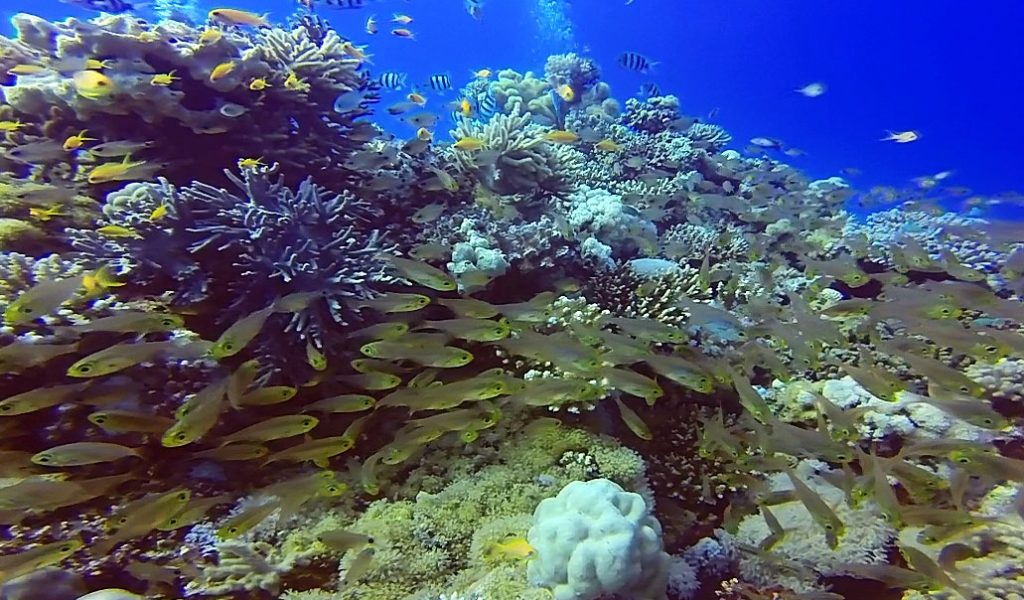
51% of all Dives in the Ocean take place in just 8 Countries, with Egypt taking first place
More than half of all recreational dives in the ocean take place within just eight countries: Egypt, Thailand, the United States, Indonesia, Australia, the Philippines, Mexico, and Malaysia.
Led by Reniel B. Cabral, the researchers strongly suggest that upgrading the protection status of all recreational scuba dive sites can generate substantial economic benefits, with added revenue that could be used to support local livelihoods and offset MPA establishment and management costs, particularly in developing countries.
You can read the research here: Cabral, R.B., Millage, K.D., Mayorga, J. et al. Marine protected areas for dive tourism. Sci Rep 15, 1923 (2025).
Image credits:
- diver-reef-dp: Deposit Photos


